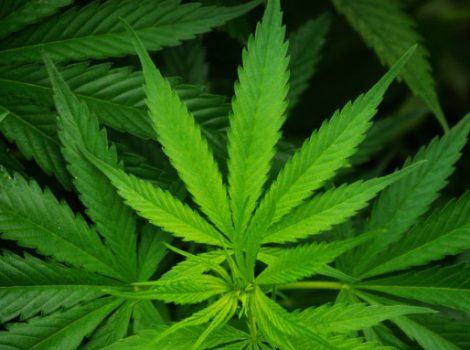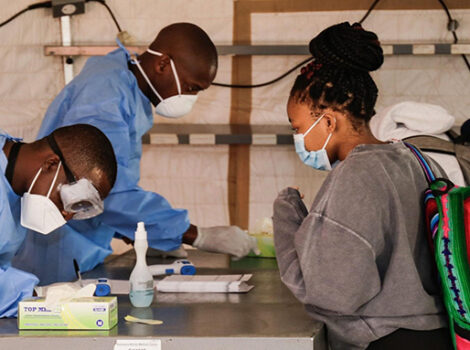
An undisclosed number of Batswana nurses, running into hundreds, have reportedly put in applications to work in the United Kingdom. As the UK mounts an aggressive recruitment drive to plug a shortage of 40,000 nurses in the National Health Services (NHS) the Botswana Nurses Union (BONU) is also in a campaign to help its members secure overseas jobs.
This is expected to increase Botswana’s nursing staffing vacancy rate which is currently more than 30%, crippling the country’s overburdened health sector, which is already bursting at the seams. A recruitment team of the Essex Partnership University NHS Trust spent eight days in Botswana two weeks ago during which they say they interviewed “hundreds of applicants” who want to work in the UK. In the first round of their recruitment campaign in Botswana, the NHS has hired 66 nurses from the countless applicants, and the recruitment of is expected to follow. BONU recently signed an agreement with the NHS aimed at paving the way for Botswana nurses to work in the UK.
BONU secretary for International Affairs, Pinkie Mpinba-Joseph disclosed recently that they have concluded talks with one trust that is looking for 200 nurses and are currently in talks with another which has not disclosed the number of medics it wants to recruit from Botswana.
Although Botswana is currently struggling to fill a nursing vacancy rate of over 30%, it also finds itself at the bottom of the international heath care staffing food chain because it is not among the 47 countries in the UK “red list” of countries with fragile health systems from which it won’t recruit for its National Health Service.
The revised (25 February 2021) Department of Health and Social Care Code of Practice for International Recruitment states that some developing countries should not be targeted when actively recruiting healthcare professionals. The country list is based on the World Health Organisation Health (WHO) Workforce Support and Safeguard List, 2020 and is updated alongside scheduled progress reports on WHO Global Code implementation and reported to the World Health Assembly every three years.
Although Botswana is not on the British medics’ recruitment red list and WHO Workforce Support and Safeguard List, a recent study, by the World Bank, examined nurse labour markets in the 14 countries of the ECSA (Eastern, Central and Southern African Region) (Botswana, Eswatini, Kenya, Lesotho, Malawi, Mauritius, Mozambique, Namibia, Rwanda, Seychelles, South Africa. It reported that demand for nurses was growing, but high vacancy rates in the public sector remained a problem.
It highlighted documented vacancy rates ranged from 30-55% among ECSA countries, and noted that qualitative data reinforced the challenge countries are facing to fulfil vacancies for new nurses.
To understand the dynamics of domestic and international supply of nurses, it is necessary to assess supply factors, taking into account the impact of the pandemic. Nursing shortages are created when demand outstrips supply, and many countries have seen the demand-supply gap widen due to the pandemic. These countries must try to replace nurses who have left (or will leave because of burnout and ageing of the workforce), retain those who have stayed, and must also try recruit additional nurses to meet increased and changing demand. The UK National Health Service (NHS) reported a registered nurse vacancy rate of 10.5% on 30 September 2021 (39,813 registered nurse vacancies); recent projections suggest there will be a need for 69,000 more nurses by 2024/5 to meet the growing pandemic related demand.
Even if there is increased investment to scale up domestic output, there will be a time lag of at least three or four years before any new domestic graduates begin to come into the workforce. The replacement need is more urgent—and one obvious feature in some high[1]income countries is renewed and expanded efforts on the international recruitment of nurses as the “quick fix” option.
Source: https://www.sundaystandard.info/hundreds-of-botswana-nurses-apply-to-work-overseas/



